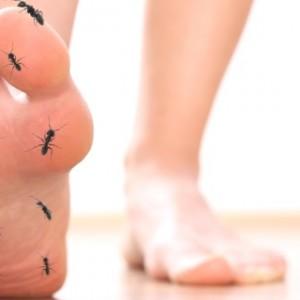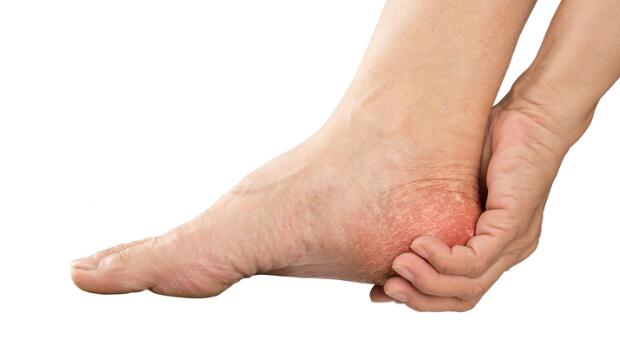

heart or blood pressure drugs, such as amiodarone or hydralazine.Other examples of medications that can cause tingling in the hands and feet include: In fact, it can be a common side effect of medications used to treat cancer ( chemotherapy) and HIV. Medication useĪ variety of medications may cause nerve damage, which can cause you to feel a tingling sensation in your hands or feet. The symptoms typically disappear after pregnancy. The swelling that occurs throughout the body during pregnancy can put pressure on some of your nerves.īecause of this, you may feel tingling in your hands and feet. Tingling due to kidney failure often occurs in the legs or feet. When your kidneys aren’t functioning correctly, fluid and waste products may accumulate in your body, leading to nerve damage. Conditions like high blood pressure ( hypertension) or diabetes can lead to kidney failure. Kidney failure happens when your kidneys are no longer functioning properly. People with carpal tunnel may feel numbness or tingling in the first four fingers of their hand. This can occur due to injury, repetitive motions, or inflammatory conditions.

Carpal tunnelĬarpal tunnel is a common condition that happens when your median nerve is compressed as it moves through your wrist. For example, things like injury, repetitive movements, and inflammatory conditions can cause a nerve to become pinched.Ī pinched nerve can occur in many areas of the body and can affect the hands or feet, causing tingling, numbness, or pain.Ī pinched nerve in your lower spine may cause these sensations to radiate down the back of your leg and into your foot. You can get a pinched nerve when there’s too much pressure on a nerve from the surrounding tissues. Sources of folate, also known as vitamin B9, include dark leafy greens, whole grains, beans, peanuts, sunflower seeds, liver, and seafood. A 2019 study found that this may have a greater effect on people under age 40. Nuts, seeds, vegetable oils, and leafy greens are good sources of vitamin E.įolate deficiency can cause pain or tingling in the hands and feet. Signs of a vitamin E deficiency include tingling in hands or feet and difficulty with coordination. Vitamin E deficiency is more likely to be caused by problems absorbing fat in the gut than a lack of vitamin E in your diet.

It can cause pain or tingling in the hands and feet. People with diets high in refined grains may be more likely to experience B1 deficiency. Meat, legumes, whole grains, and nuts are good sources of B1. Vitamin B1, also known as thiamine, plays a role in nerve impulses and neuron repair. People with a deficiency of B6 may experience a rash or cognitive changes. Meat, fish, nuts, legumes, grains, noncitrus fruits, and potatoes are good sources of B6. You need to consume vitamin B6 every day because it cannot be stored in the body. A shortage of B12 in the diet can cause neurological damage, which may appear as tingling in your hands or feet. Vegans and vegetarians may need to supplement B12. It is found in animal products like meat, dairy, and eggs. Vitamin B12 is necessary for cells to produce energy. Some vitamins are important to the health of your nerves. Vitamin deficiencies can be caused by not having enough of a specific vitamin in your diet, or by a condition in which the body doesn’t properly absorb the vitamin. The National Institute of Diabetes and Digestive and Kidney Diseases estimates that up to half of people who have diabetes have peripheral neuropathy. When nerves don’t receive enough oxygen, they may not function well. In addition to damaging nerves, it can also damage the blood vessels that supply your nerves. In diabetic neuropathy, nerve damage occurs due to high blood sugar in the bloodstream. It can affect the legs and feet, and sometimes the arms and hands. While there are many types of neuropathy, peripheral neuropathy can affect the hands and feet.ĭiabetic neuropathy happens when nerve damage is caused by diabetes.

Neuropathy occurs as a result of damage to nerves.


 0 kommentar(er)
0 kommentar(er)
